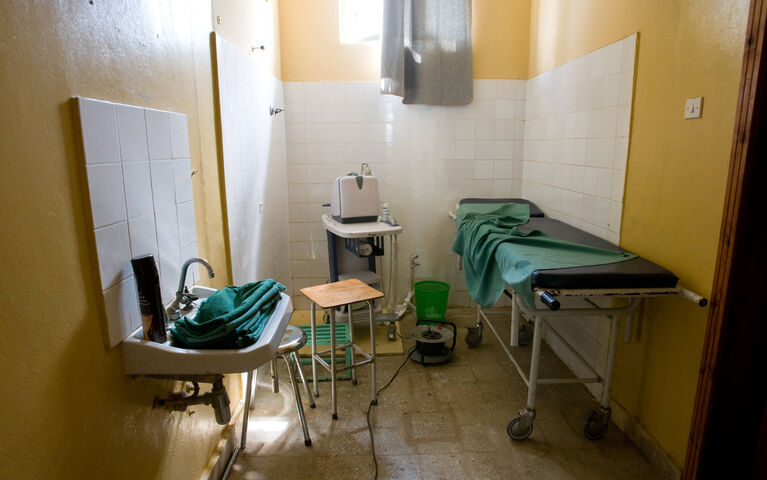Content Overview
This course focuses on practical tools and methods to improve healthcare services in low- and middle-inco-me countries. It introduces participants to major steps and trends in healthcare quality and patient safety movements with a focus on challenges to improving quality in resource-limited settings. Course participants learn how to adapt quality impro-vement tools, methods, and techniques to national and local settings with a special emphasis on mana-ging and motivating people and designing sustainable health improvement programmes. A two-day skills development workshop strengthens individual and team skills in evaluating the quality of health care services.
Course Topics
- Prioritizing quality improvement: rationale, methods and examples
- Overview of quality and safety terminology and concepts
- Harmonizing quality improvement with local and international health system strengthening initiatives
- Developing and implementing standards, guidelines and indicators in a healthcare service
- Designing and implementing quality assessments using audit, accreditation and supervision
- Personal skills development for managing teams in improving quality
- Designing and managing quality improvement teams including quality circles, clinical guideline working groups, clinical audit, and quality improvement committees
- Quality improvement tools such as checklists, affinity analysis, flow chart, mind mapping, fish-bone diagram, force-field analysis, prioritisation matrix, Gantt chart, control chart, and radar chart
- Case studies of quality improvement in low and middle-income countries
Learning Objectives
By the end of the module the participants should be able to:
- Defend the importance of improving quality in health services
- Describe common mechanisms to improve quality of health services in resource limited settings
- Critically analyze the use of quality improvement principles and mechanisms in resource limited settings
- Describe current human and other resource challenges to improve health service quality Demonstrate individual and team skills in using quality improvement tools and mechanisms
Contact
For any questions please contact our short course programme team:
Anne-Kathrin Fabricius, M.A.
Short Course Programme Manager
Tel: + 49 - (0) 62 21 - 56 41 49
anne-kathrin.fabricius(at)uni-heidelberg.de
Short Course Programme Assistant
Tel: + 49 - (0) 62 21 - 56 46 48
assistants.sc(at)uni-heidelberg.de
Course Coordinator
Dr. Sylvia Sax, Institute of Global Health, Heidelberg University

